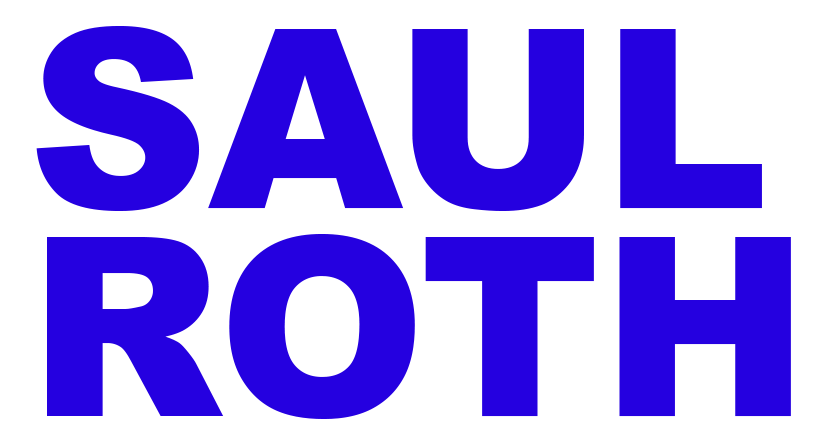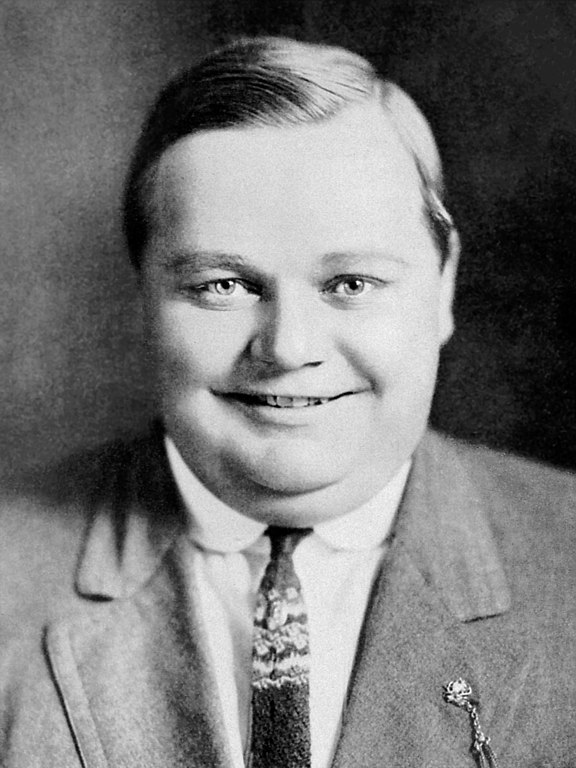By Saul Roth
Roscoe “Fatty” Arbuckle was a prominent figure in the early days of Hollywood, known for his comedic acting and physical humor. While his career was cut short by a scandal that shook the entertainment industry and left a lasting impact on his legacy, Arbuckle’s contributions to film and comedy cannot be overlooked.
Born in 1887 in Smith Center, Kansas, Arbuckle began his career in entertainment as a vaudeville performer. He quickly gained popularity for his large size and physical comedy, eventually making the transition to film. In 1913, he signed with Keystone Studios, where he became a regular performer in the films of Mack Sennett, who was known for producing slapstick comedies.
It was during his time at Keystone that Arbuckle established himself as a comedic force to be reckoned with. He appeared in over 40 films for the studio, often playing a bumbling, hapless character who found himself in a variety of absurd situations. His physical comedy and improvisational skills made him a hit with audiences, and he quickly became one of the most recognizable faces in Hollywood.
In 1917, Arbuckle left Keystone to form his own production company, Comique Film Corporation, where he continued to make a name for himself as a filmmaker and performer. He produced and starred in a number of successful films, including “The Butcher Boy” and “The Garage,” which solidified his status as a major player in the entertainment industry.
However, Arbuckle’s career came to a screeching halt in 1921, when he was accused of raping and murdering actress Virginia Rappe at a party in San Francisco. The scandal that followed was one of the most sensational in Hollywood history, and it had a devastating impact on Arbuckle’s career and personal life.
Despite being acquitted of all charges in three separate trials, Arbuckle’s reputation was irreparably damaged. He was banned from appearing in films and essentially blacklisted from the entertainment industry, leading him to become a recluse in his later years.
The impact of the scandal on Arbuckle’s legacy cannot be understated. While he was a beloved performer and filmmaker during his lifetime, the accusations against him and the subsequent media frenzy painted him as a monster and forever tarnished his reputation. It wasn’t until years later that his name was cleared and his contributions to film were acknowledged once again.
Today, there is a renewed interest in Arbuckle’s work and legacy, with many film historians and critics arguing that he was unfairly vilified by the media and the public. They point to the fact that he was never found guilty of any crime, and that the allegations against him were largely based on hearsay and sensationalism.
Furthermore, many argue that Arbuckle was a pioneer in the art of physical comedy and that his contributions to the genre were significant. His influence can be seen in the work of other comedians such as Charlie Chaplin and Buster Keaton, both of whom were influenced by Arbuckle’s innovative approach to slapstick.
Despite the scandal that marred his career and personal life, Roscoe “Fatty” Arbuckle remains an important figure in the history of Hollywood and comedy. His contributions to film cannot be overlooked, and his legacy serves as a reminder of the dangers of public opinion and the importance of separating fact from fiction. While the scandal that surrounded him will always be a part of his story, it is important to remember Arbuckle for the impact he had on the entertainment industry and the art of comedy.


Recent Comments